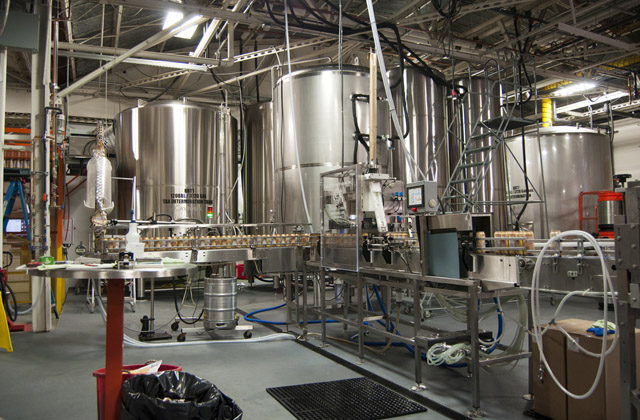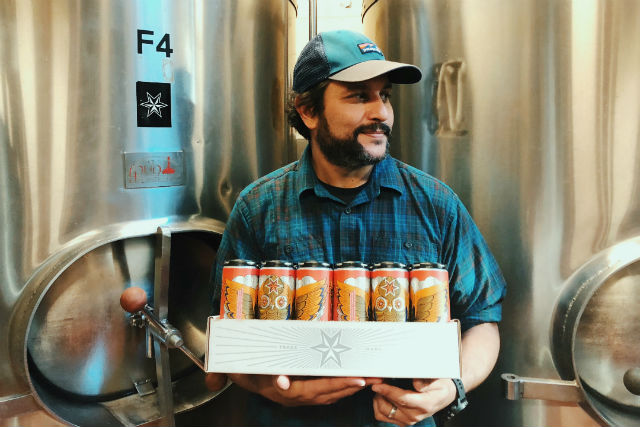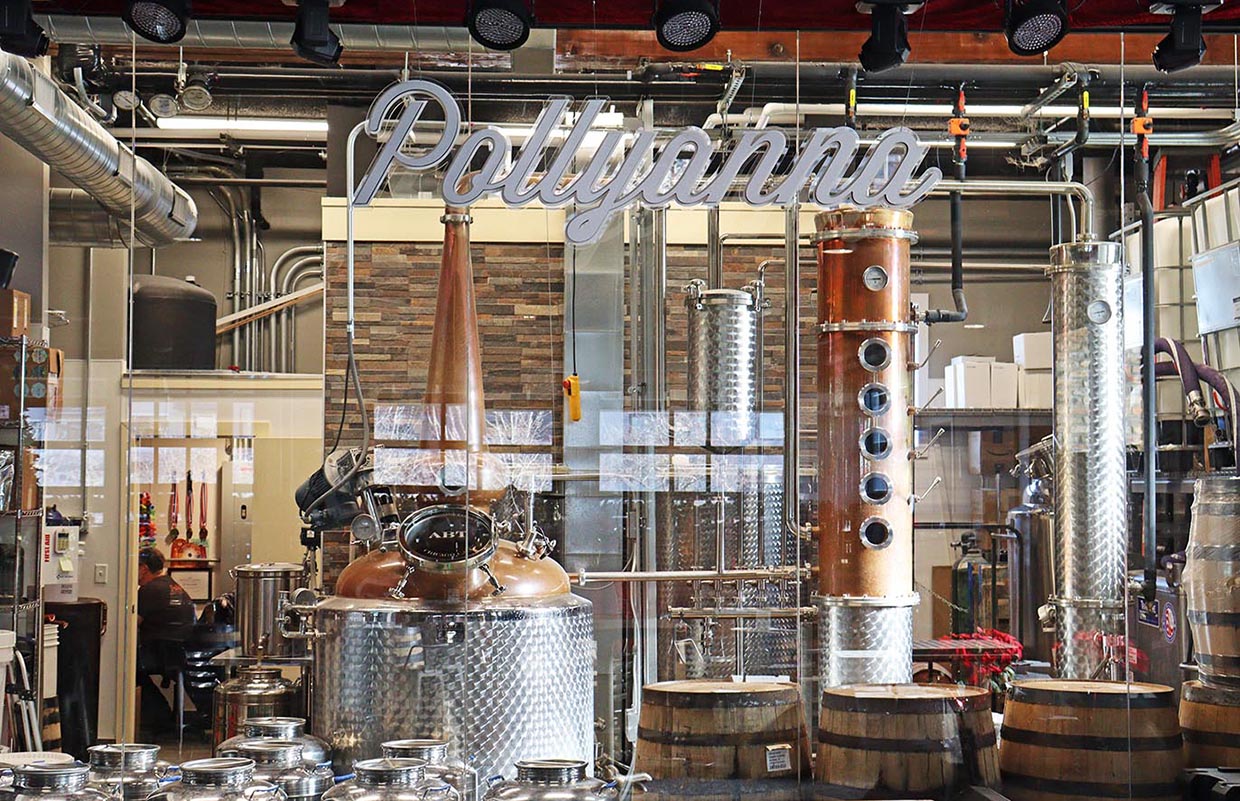
During the week of April 20 — in place of what would have been the in-person Craft Brewers Conference — Brewer has had a chance to talk with some presenters from this year’s event and they shared a bit of what they had planned to present. The CBC is doing an online event with free seminars through May 31.
With more opportunity and less stigma, growing Urban Artifact via a contract brewery was the way to go for the Cincinnati brewery.
“We took a lot of steps to get the business going and it almost crushed us the first two and a half years we were in business,” said UA’s Chief of Brewing Operations, Bret Kollmann Baker. “When we were looking at expanding, the whole problem was why are we going to do this ourselves again when we can just have somebody else make beer for us?”
Kollmann Baker said that breweries like Brew Detroit and Octopi in Wisconsin have established itself as trusted companies that aren’t just a brewery with extra capacity looking to fill tanks.
“The stigma is mostly gone and they have a nicer facility that is bigger than us with the processes and ingredients we want,” Kollmann Baker said. “Why waste our time taking out a shitload of debt and then have to fill our capacity right away and instead grow steadily. Get the demand out there while not oversaturating the market and then if things go to hell in a handbasket — as they have — then we can just literally pull the plug on having our beer made and not worry about all the debt that could come with it.”
Like Kollmann Baker pointed out, with the pandemic ongoing, the taproom — which accounted for 42% of Urban Artifact’s sales — has been taken away for the most part. Since contracting was between 40-50% of the brewery’s operations, cutting off that avenue of production has been an easy way to manage the books.
“We’re right back to basically making everything in-house again,” he said. “Things aren’t necessarily as bad as they could be.”
Kollmann Baker said a lot of the talk would focus on outsourcing a brewery’s business in all regards and how you can use your cash flow rather than capital expenditure to grow your business.
”I mean, there’s a reason why a company like GE and other big facilities in Cincinnati have like half of the workers are 1099 contractors.” he said “Because, at the end of the day, it cuts your risk down. And you can pay someone who has the experience with your cash flow to do the work for you. If you need to get rid of them, you are not beholden to them.
”Is it great for the individual employee? Maybe not, but at least for craft beer, would you rather spend that money on a canning line or spend that money on other improvements or save space or whatever the case may be.”
For a brewery like Urban Artifact that is right around 10,000 barrels of production, mobile canning with Ironheart makes more sense at this point until they double production. The expenditure of buying the canning line and having people run it are major factors in not having one yet, he explained. Having that ability to contract out canning at this time is a smart choice he feels.
”That homebrew DIY attitude has built this industry, but the industry is maturing and I think this is a tactic used to grow your business and mature,” he said, adding that many aspects of a brewery are worth costing out such as branding, marketing, and publicity as well.
“All these things have an opportunity for you to outsource and get more out of it than just keeping it in-house and maybe not doing as good a job and it shouldn’t cost you much more,” he said.
Kollmann Baker shared some questions to ask yourself or your contracting partner when looking at contracting/outsourcing work:
- What happens if you grow? What happens if you shrink?
- What happens is you want to cut the contract?
- What quality control standards are you holding them to?
- What repercussions do they face if there’s an issue? What about a recall, who’s liable for all that?
- How does insurance work? Am I on your permit or are you on mine? Am I responsible to your employees at all in any way?
“Think through logically everything they want to consider when you’re building this out,” he said.
Kollmann Baker honestly said he was struggling to figure out what the cons were to give a counterpoint in his seminar discussion.
“Margin is a little bit less, but it depends on if you’re debt financing or not,” he said. “For us, it didn’t make sense to even buy a canning line until we were to get to 20,000 barrels, just because the margin difference was basically negligible.
“People may think contractor brewers do a shitty job or there’s negative stigma … yeah, those are cons, but they don’t really exist as much anymore, especially if you are going with a great contract brewer. If you’re going to some brewery that said they built their brewery too big and have all this excess capacity, to me that is a huge red flag because what happens if they sell that capacity, guess who gets the boot? You, the person trying to get your beer brewed by them. How much are they really gonna care about your product if they are really focused on their brand first and then just doing this to fill capacity.”
That’s why places like Octopi & Brew Detroit and a couple of other places Urban Artifact looked at were so attractive to them
“We are their business and they care about us,” he said.






Be the first to comment